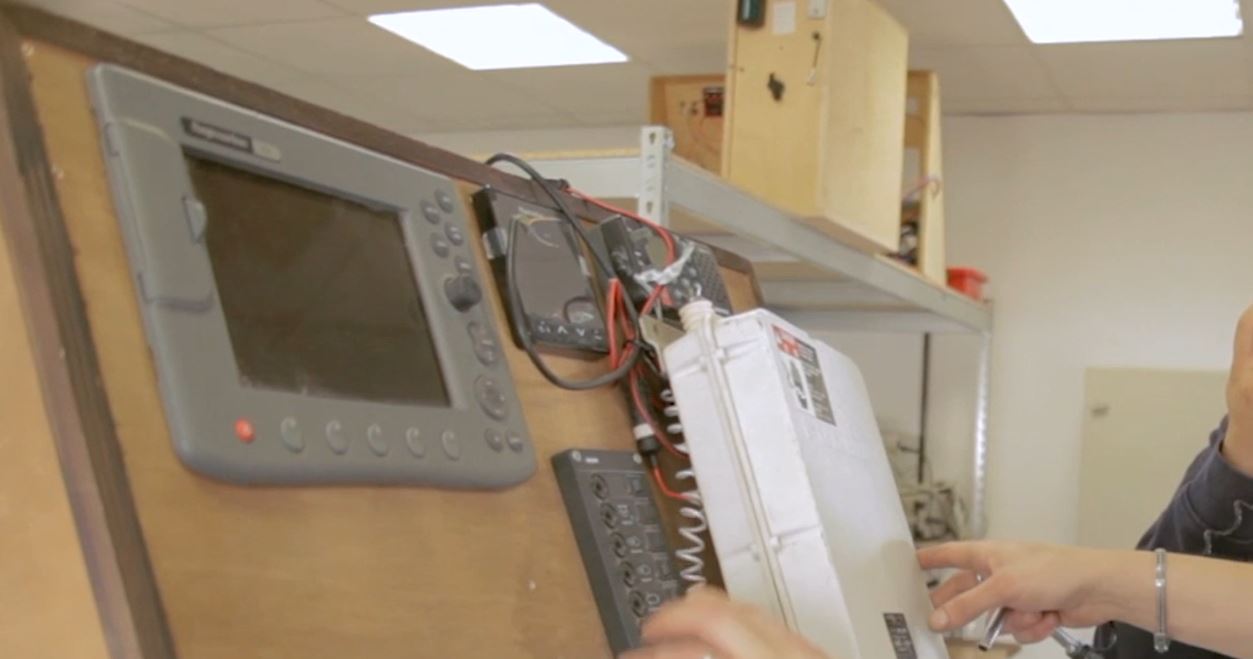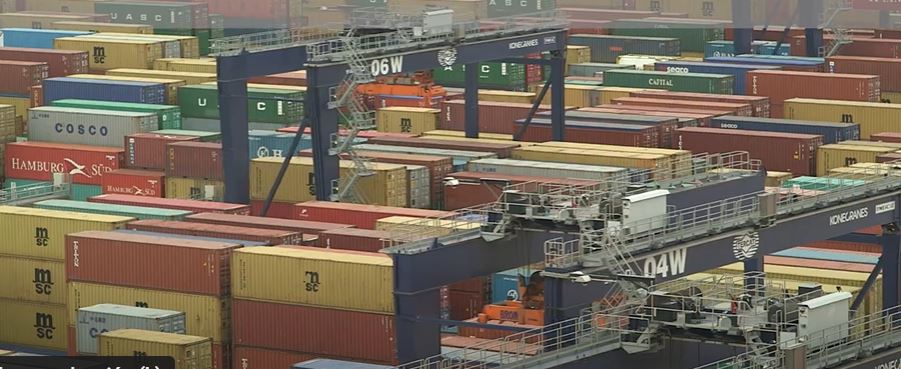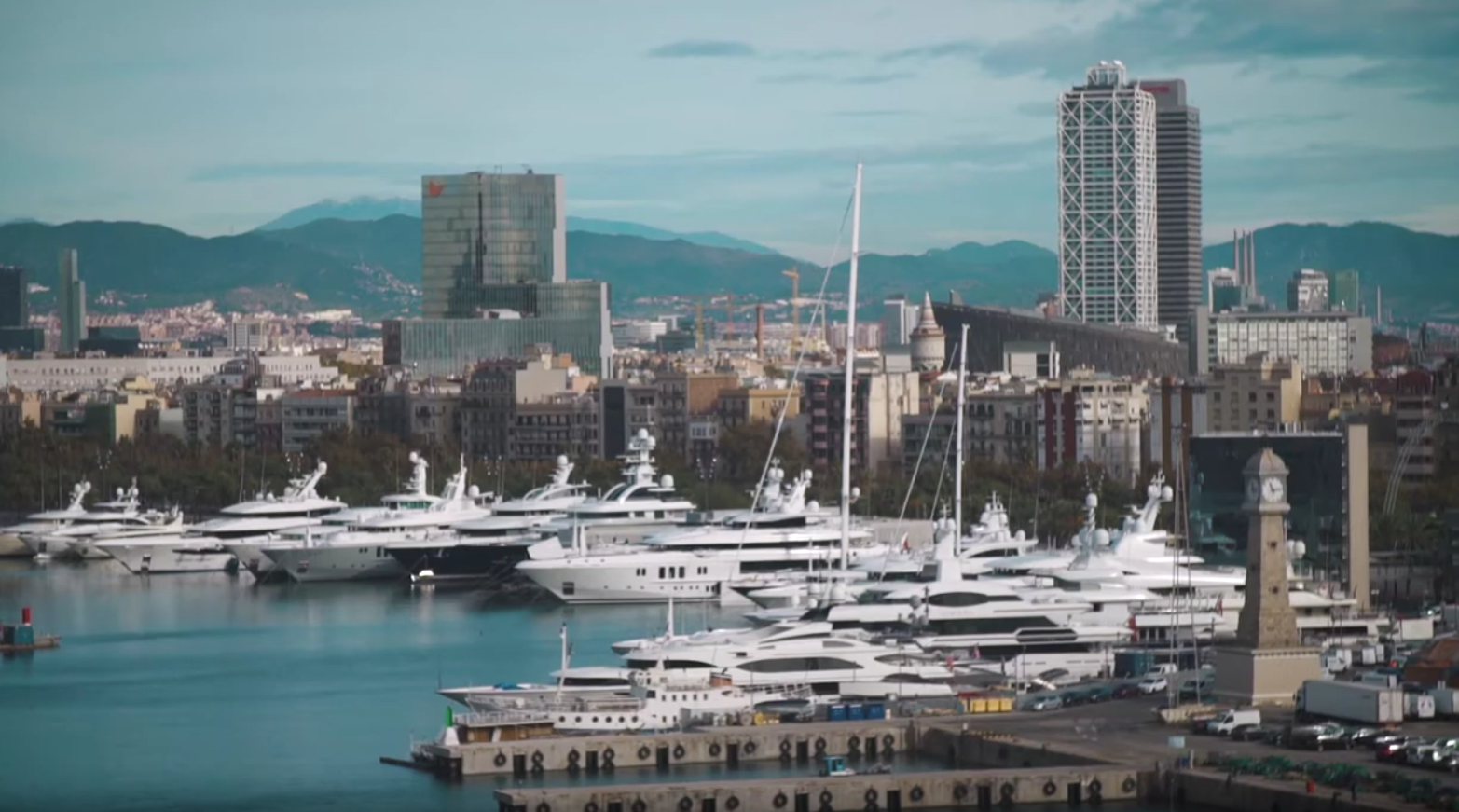
Marine scientist / technologist
Description
A marine scientist / technologist is an expert who studies the processes that occur both in the ocean and in aquatic environments along the coast, with the aim of establishing strategies and actions that promote the conservation and sustainable use of natural aquatic resources, and to provide answers based on scientific grounds to the problems presented by the exploitation and use of ocean resources.
The marine scientist / technologist, basically carries out research and consulting work because he or she generates knowledge that must then be applied by public administrations and private companies working on the coastline. The range of issues that this professional can address is quite wide, especially in the field of environmental management: water quality and pollution, management of invasive species, emission of gases and pollution by hydrocarbons and heavy metals in port areas, management of the dynamics of sediment supply in coastal areas and beaches, impact of port infrastructure construction, among others.
The marine scientist / technologist may also come from the field of engineering, specifically civil engineering which traditionally deals with the construction of port and coastal infrastructure.
The team of marine scientists / technologists can be made up of several professionals with diverse training who will work together in an interdisciplinary manner to create new knowledge that will impact on the promotion of new regulations and practices in the management of port infrastructure. Likewise, based on various fields of knowledge such as marine sciences, civil engineering and meteorology, the most efficient maritime routes in operational terms can be determined.
Tasks
- Investigate the structure and functioning of marine ecosystems.
- Evaluate the dynamic processes of the marine environment such as tides, currents, sediments, waves, etc., and carry out studies on the direction of currents using marine current maps.
- Study the chemical and biological components of seawater.
- To study the development of living creatures in the ocean, their behaviour, their relationships with other species and with the marine environment.
- Characterise an ocean area through monitoring programmes and marine sensors, and lead a team of people to obtain data and samples of water and sediments from the seabed.
- Analyze and process the information obtained from the oceanic characterizations, and carries out oceanographic monitoring and control.
- Make predictions on the behaviour of the sea on a short and medium term basis.
- To interpret schematics of tides and waves.
- Carry out studies of environmental impact on the marine ecosystem.
- Determine itineraries and navigation routes with maximum operational efficiency and minimum environmental impact.
- Climate change assessment.










 | Catalan | Beginner
| Catalan | Beginner | Catalan | Advanced
| Catalan | Advanced
 Open
Open



 | English | Beginner
| English | Beginner


